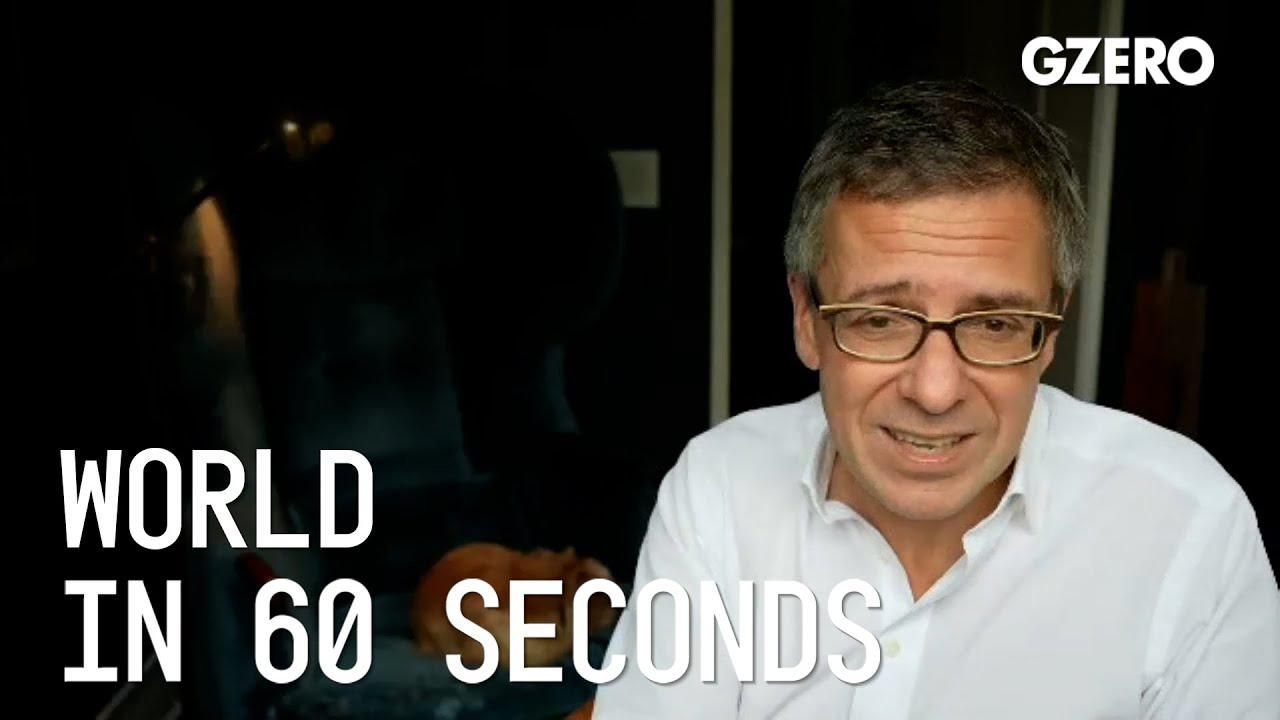
Ian Bremmer shares his insights on global politics this week with a look at Chinese warplanes, the Pandora Papers, and Facebook's major outage.
What is China signaling by sending warplanes into Taiwan's air defense identification zone?
Well, it's not their airspace. They've done this before. They do it a lot. In fact, on some days, a year ago, in the past, they've had over 20 incursions on a day. Over the last few days, it has been record levels, so clearly, they're agitated. They want to show that they're strong and assertive. Having said that, we are not on the brink of World War III. There is a greater chance of accidents happening, and that would be a really bad thing, but on balance, this doesn't cross any red lines between the two countries. I think the headlines are a little breathless on it.
What are the Pandora Papers?
It is yet one more, even larger dump of information about a whole bunch of former and standing world leaders and the wealthy people near them who are trying to obscure their wealth, frequently ill-gotten, through offshore accounts and usually buying a bunch of real estate in other countries. Some leaders that are trying to show themselves as reformers are going to get caught up and really embarrassed by that. In particular, some of the ministers around Pakistani Prime Minister Imran Khan, President Lasso in Ecuador. There are, I would say King Abdullah in Jordan, certainly, but for people like Putin, of course, complete impunity, no shame, because they have thorough control of their system, their media. It's an authoritarian state, full on.
What's happening with Facebook?
Well, it looks like it was an own goal, of big engineering mistake. The fact that you can take half of the planet down in terms of an app that they use, so easily, it's a lot more dangerous than, say, just-in-time supply chain and what we learned about not having redundancy and resilience in our system after the pandemic. This, on the digital side, even more dangerous. Imagine if it had been something where companies use it fundamentally to work, like for example Amazon or Microsoft. I mean, this was a significant inconvenience, most importantly for small enterprises that use Facebook for their businesses. Six hours down. Big embarrassment for Facebook. Question is whether or not it makes any of us think differently about the need for redundancy and resilience on digital sites. They are so, of course, concentrated. We'll see what happens on the regulatory side. So far, there's been very little.